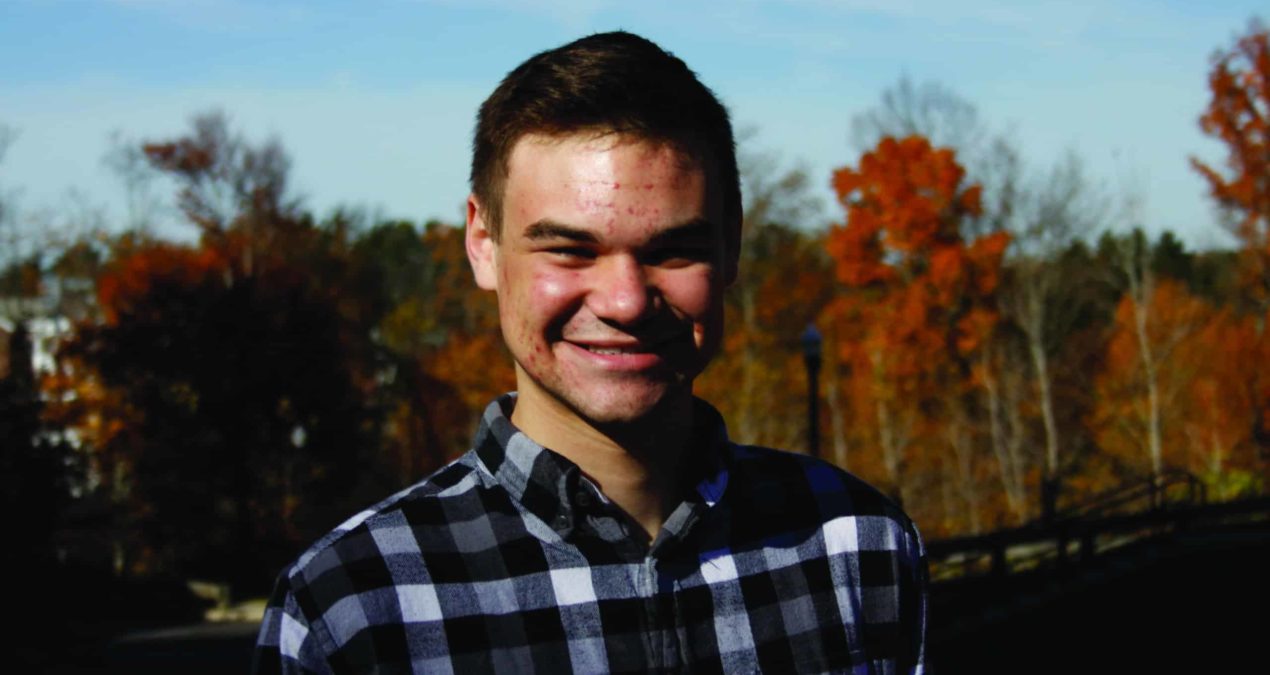NEIL RILEY ‘17
Editor-in-Chief
Every week is difficult in the newsroom.
At this point in my term I have come to expect that out of this position. Sundays are for lounging in the office and exchanging stories from the weekend. On Mondays the world catches fire. Editors scramble around trying to put the finishing touches on their sections or looking for last minute pictures from Cap, our beloved photo editor.
The rush used to make me nervous back when I was editing sports. Now, I feed off the energy and the pace.
There’s no denying, however, that some weeks are harder than others. Sometimes pictures don’t turn out as planned or articles come in late. Those are the worst weeks.
Other times, we are asked to make challenging judgments concerning our content: what to print and what not to print. These are the weeks that make our jobs fun and and the tough issues worth while. We had one of those conversations leading into this issue.
During my three years working for the paper, we have not written about, portrayed or even mentioned the fall “Running of the Bears” festival (which was held last Saturday) or the spring “Bear Dance” festival.
I have always considered this a mistake.
For many of those who I have talked to about the events, the Bears festivals represent much more than what they are generally perceived to be. They are the chance for the “hidden” side of the Denison population to reign free in the open, green fields of Ohio, which we so often ignore and retreat from.
The less visible, but no less important members of our community are allowed to let loose for an afternoon and feel less bound by the social pressures that are enforced on the grounds of Denison.
One of the salient arguments for printing the short article about “Running of the Bears” is that it is an example of an inclusive party atmosphere that many on this campus feel is lacking.
Over the past few weeks, the staff has discussed publishing a story about discrimination within the on-campus party scene. It has been a difficult piece to assemble because these situations are almost never concrete and are complicated by factors that deserve a book, not a 600-word column. With this lens in mind, Bears then becomes an example, albeit not a perfect one. It is an example of how a group of students can create an inclusive environment.
Why, then, does it take a divisive group of men and a bus ride off campus for this atmosphere to be created?
Neil Riley is an economics major from Columbus, Ohio.

